- Overview
- Symptoms
- Causes & Risks
- Types
- Tests & Diagnosis
- Staging
- Treatment
- Living With
- Complications, Metastasis & Recurrence
- View Full Guide
10 Tricks Women with Ovarian Cancer Use to Battle Pain

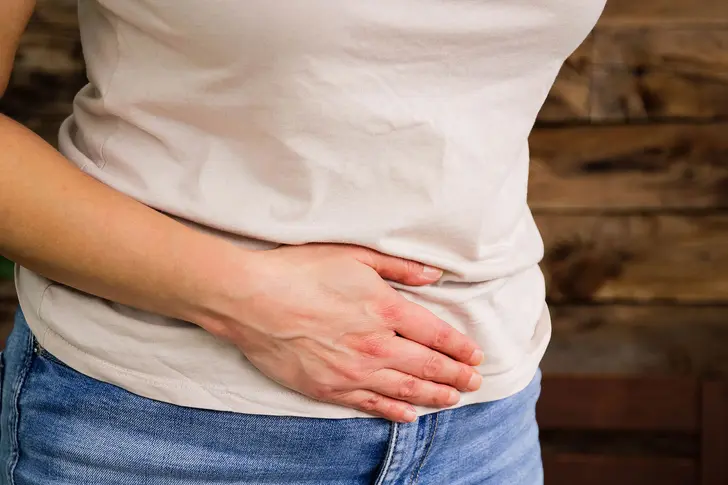
Common Symptoms of Pain in Ovarian Cancer
Women diagnosed with ovarian cancer may feel physical symptoms, such as bloating, pelvic or abdominal pain, and difficulty eating with the sense of feeling full. Furthermore, some types of chemotherapy can lead to edema, or fluid retention, in feet, ankles, and legs.
Be sure to discuss any symptoms with your oncologist, as they may be able to offer advice on how to find some relief during your treatment. Additionally, look at the following methods that women with ovarian cancer use to relieve their discomfort.
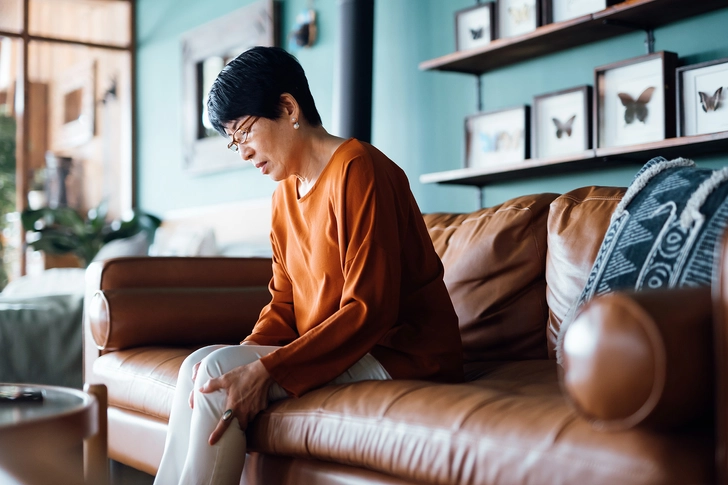
Massage Your Legs
Lymphatic drainage massage can help drain fluid retention from your feet and legs. Use firm but not painful pressure to stroke your legs toward your heart. It’s OK if you don’t see or feel results immediately, as results can vary from person to person.
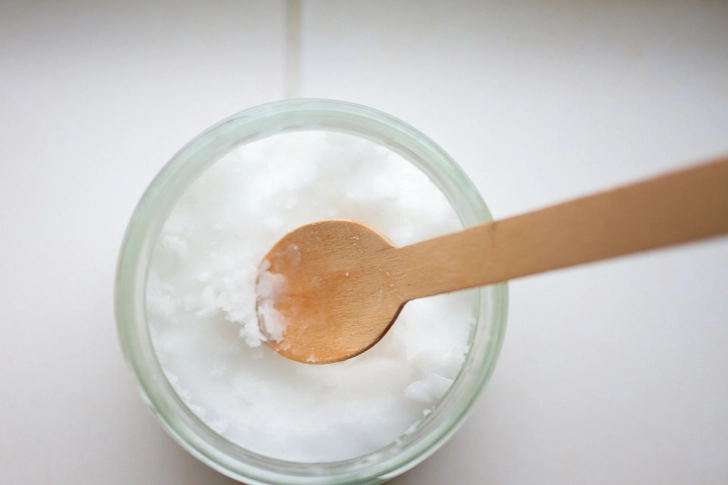
Use Gentle Moisturizers
While undergoing chemotherapy, your skin may feel dry, itchy, and scaly. Use fragrance-free moisturizers without rough ingredients. Organic oils, such as coconut and olive, are also helpful for finding relief.
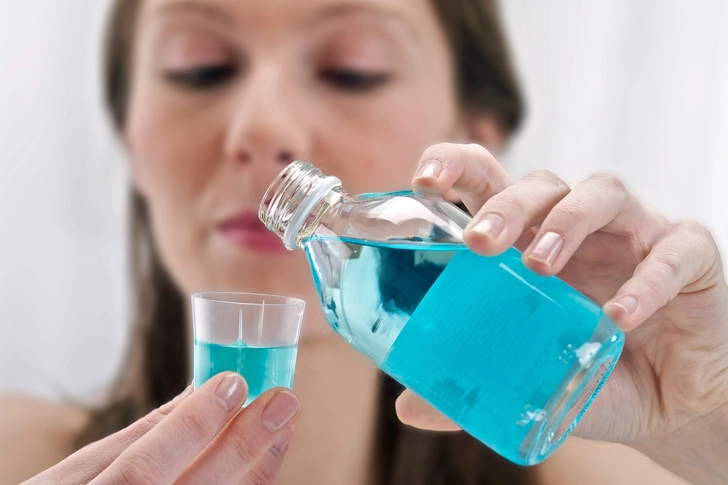
Rinse with Mouthwash
Chemotherapy kills cells, including those in your mouth. So, it’s not uncommon if you experience mouth sores, also known as oral mucositis, during your cancer treatment.
If your mouth sores are relatively mild, you may wish to try “magic mouthwash. This remedy contains antihistamines to relieve pain, corticosteroids to treat inflammations, and antibiotics to kill bacteria around the sores. By prescription, magic mouthwashes are available as pre-made kits or are made to order by a pharmacist.

Take Warm Showers or Baths
You may be experiencing body pain caused by tissue deterioration, tumor growth, and medical treatments, such as chemotherapy and radiation. Try taking a warm, but not hot, shower or bath with Epsom salt to relax your muscles and reduce pain.
You can also use warm water to relieve extremely dry skin by gently patting with a soft washcloth. However, avoid using washcloths in your treatment area if you’re undergoing radiation.

Change Your Diet
Cancer treatments like chemotherapy often lead to nausea, vomiting, and diarrhea. To find relief, try drinking liquids between meals and eating smaller, frequent meals throughout the day. Additionally, some people find rest after eating to be helpful, so try laying on your right side and elevating your head about a foot higher than your feet.
Nausea may make you have the sensation of feeling full with no appetite. To counter this, choose more foods with protein and healthy fats while avoiding sugar. It’s not easy eating when you don’t feel like it, so choose foods with high nutritional value.
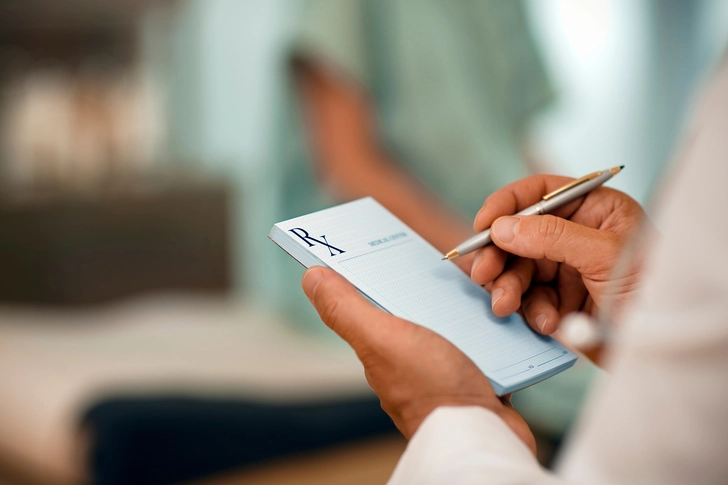
Try Opioids
Sometimes you can treat mild cancer pain with over-the-counter medication, like acetaminophen and NSAIDs. Other times, your oncologist may prescribe opioids, such as oral morphine.
Keep in mind that strong pain killers can be addictive and can lead to dependency. Your healthcare provider may want to assess for possible risks of abuse or addiction.
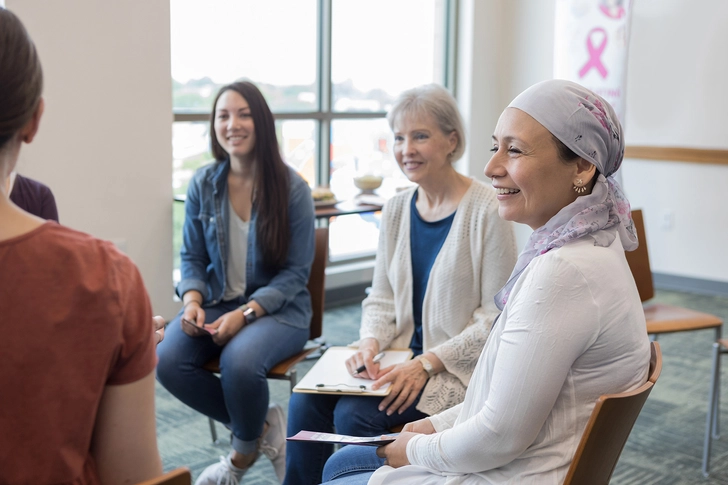
Look for Support
You may be feeling more than just physical pain. Support groups can help with emotional distress, such as anxiety and depression. Listening to other people’s experiences can give you valuable information about what to expect during your treatment. Sharing about your journey may help you cope better with your feelings, too.
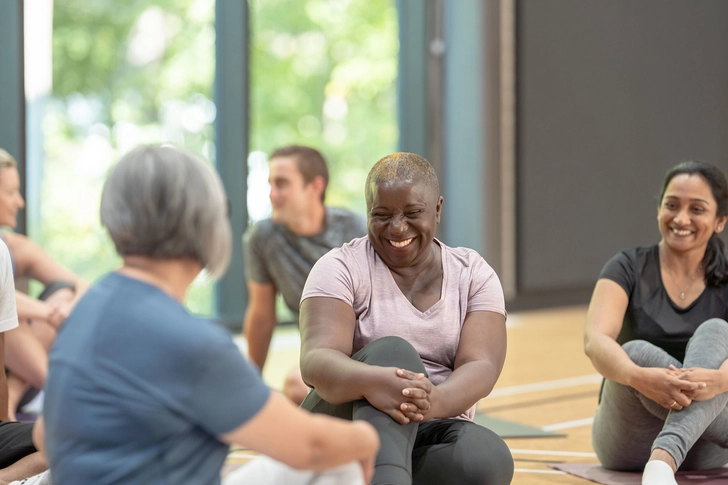
Stay Active
Engage in routine, moderate exercises to further reduce anxiety and depression as well as relieve fatigue. Gentle exercise can also help reduce edema in your legs and feet, as muscle contractions work to pump fluid back to your heart for drainage.
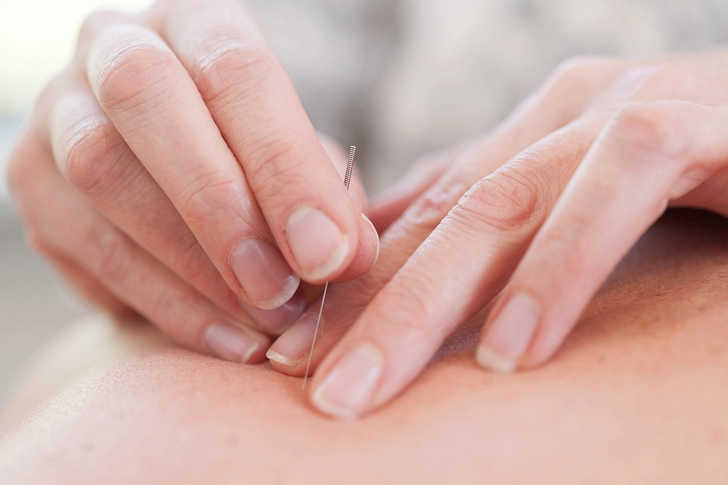
Seek Other Therapeutic Approaches
Under your oncologist’s advice and care, you may find pain relief through other integrative therapies, such as acupuncture, massage, and physical therapy. Relaxation techniques, such as slow rhythmic breathing and imagery, are also useful for coping with pain and stress. Note that it might be hard to feel results after one try, but don’t give up. Keep practicing and trying your best.
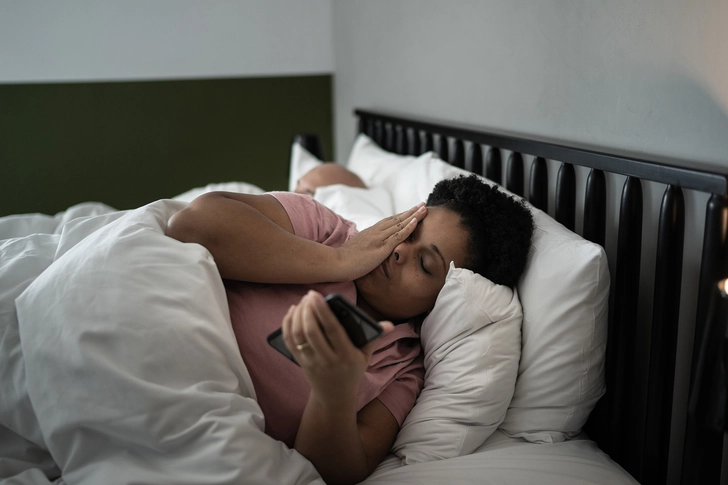
Prepare for Menopause
Your cancer treatment may involve your ovaries ceasing to function or surgery to remove them. Under these circumstances, and even if you aren’t at typical menopausal age, you may begin experiencing menopausal symptoms, such as hot flashes, night sweats, and insomnia.
To relieve menopausal symptoms, try wearing layers of clothes to easily remove when feeling hot. Staying hydrated, keeping fans around, and sleeping with 100% cotton sheets are helpful to combat night sweats. For more severe symptoms, discuss options with your oncologist, such as hormone replacement therapy.
PHOTO CREDITS:
1. Moment / Getty Images
2. Moment / Getty Images
3. E+ / Getty Images
4. Moment / Getty Images
5. Science Photo Library / Getty Images
6. Westend61 / Getty Images
7. EyeEm / Getty Images
8. E+ / Getty Images
9. E+ / Getty Images
10. E+ / Getty Images
11. Image Source / Getty Images
12. E+ / Getty Images
SOURCES
American College of Obstetricians and Gynecologists: “Frequently Asked Questions — What are the symptoms of ovarian cancer.”
National Cancer Institute: “Edema (Swelling) and Cancer Treatment.”
Cleveland Clinic: “Lymphatic Drainage Massage.”
Mayo Clinic: “Edema — Lifestyle and home remedies.”
Cleveland Clinic: “Cancer Treatment: Skin, Hair, and Nail Care During and After Treatment.”
Mayo Clinic: “Magic mouthwash: Effective for chemotherapy mouth sores?”
National Cancer Institute: “Relieving Mouth Sores from Cancer Treatment: The Discovery of Palifermin.”
Cleveland Clinic: “Muscle Pain.”
Mayo Clinic: “Cancer pain: Relief is possible.”
Cleveland Clinic: “Managing Cancer Treatment Side Effects.”
National Cancer Institute: “Cancer Pain (PDQ®) — Health Professional Version — Pharmacological Therapies for Pain Control.”
National Cancer Institute: “Cancer Pain (PDQ®) — Health Professional Version — Pharmacological Therapies for Pain Control — Opioids and risk of addiction.”
Ovarian Cancer Project: “Support Group.”
National Cancer Institute: “Physical Activity and Cancer — Is physical activity beneficial for cancer survivors?”
Mayo Clinic: “Cancer pain: Relief is possible.”
National Cancer Institute: “Learning to Relax.”
University of Rochester Medical Center: “Life After Cancer: Menopause After Treatment.”